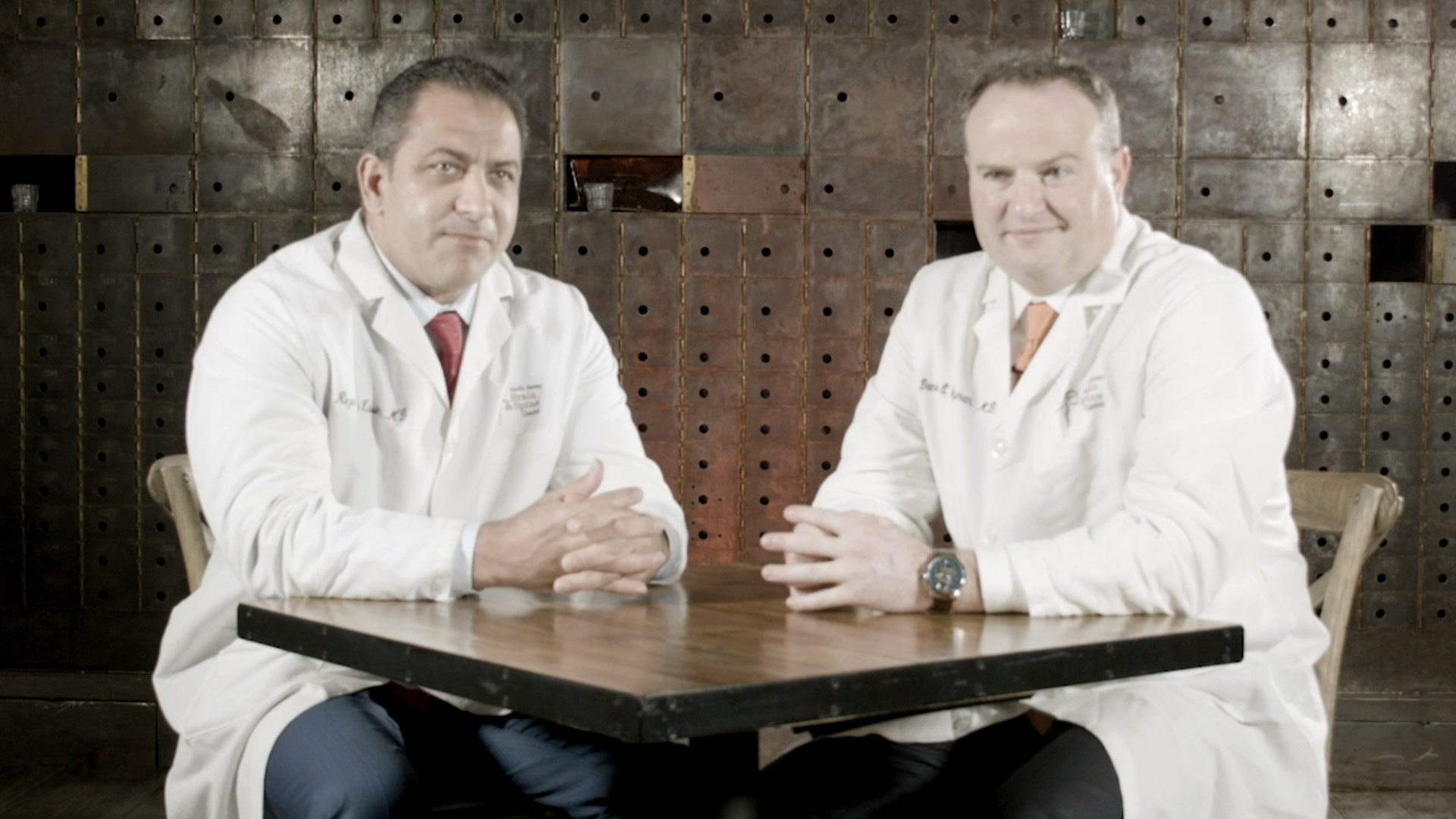Neurovascular Center: An Overview


A neurovascular center is a type of specialized medical facility that focuses on the diagnosis, treatment, and management of conditions related to the nervous system and blood vessels. Because neurovascular centers offer an interdisciplinary approach to care, there are often a number of specialists employed in neurovascular centers. These types of specialists include neurologists, neurosurgeons, vascular surgeons, and other professionals. Together, these clinicians address disorders affecting the brain, spinal cord, and associated blood vessels.
Conditions that could be treated within a neurovascular center include stroke, aneurysms, arteriovenous malformations (AVMs), and other vascular abnormalities in the central nervous system. These centers use both advanced imaging techniques and innovative treatments to provide comprehensive care for patients with neurovascular disorders.
There are a number of conditions that are considered neurovascular diseases. A condition is considered a neurovascular disease if it involves the blood vessels of the nervous system including the brain and spinal cord.
Common types of neurovascular diseases include strokes, aneurysms, AVMs, and cerebral atherosclerosis. Strokes occur when there is a disruption of blood flow to the brain due to either a blockage or bleeding, while an aneurysm is a bulging or ballooning of a blood vessel, usually caused by weakness in the vessel wall.
AVMs are considered abnormal tangles of blood vessels that occur in the brain or spinal cord. It’s common for these malformations to disrupt normal blood flow and increase the risk of bleeding. Lastly, cerebral atherosclerosis involves the buildup of plaque in the arteries that supply blood to the brain. It can lead to reduced blood flow and an increased risk of stroke.
The signs and symptoms of neurovascular dysfunction differ based on the condition and area of the nervous system affected. However, some of the most common symptoms of neurovascular dysfunction include sudden and severe headaches, weakness or numbness and difficulty speaking.
Patients may also experience confusion or an altered mental status if blood flow to the brain is affected. Seizures, facial drooping, trouble swallowing and impaired coordination are all also symptoms of neurovascular dysfunction.
There are a number of ways specialists can treat neurovascular diseases, although it does come down to the specific condition and how severe it is. Treatment options for the different kinds of neurovascular disorders can include medical, surgical or other interventional methods.
Some of the most common treatments for neurovascular disease include medications like anticoagulants and antiplatelet drugs, which are prescribed to prevent blood clots and reduce the risk of stroke. Other blood pressure medications may also be prescribed, since controlling blood pressure is critical to managing conditions like cerebral atherosclerosis, for example.
From a surgical perspective, treatment of neurovascular disease could include aneurysm clipping or coiling, along with AVM removal in certain cases. Additionally, there could be surgery recommended to remove plaque build up in cases like carotid artery stenosis, for example.
Lastly, other treatments for these types of disease could include minimally invasive procedures like angioplasty and stent placement could be used to treat certain vascular conditions. Rehabilitation and lifestyle changes may also be used to treat neurovascular disease.
The most common treatment for neurological conditions does depend on the type of condition the patient is dealing with. However, medications, physical therapy, speech therapy and other rehabilitation techniques are often the most common treatment paths for neurological conditions.
Neurologists are trained to evaluate, diagnose, and manage a range of neurological issues. You may have been referred to a neurologist if you’ve experienced things like headaches and migraines, along with other issues like epilepsy and seizures.
Patients may also be referred to a neurologist if they’ve experienced a stroke or a movement disorder, like Parkinson’s disease, Huntington’s disease, and essential tremor. Other neuromuscular disorders are also treated within a neurovascular center, like neuropathy, myopathy and other motor neuron diseases.
Sleep disorders, Multiple Sclerosis (MS), Alzheimer’s Disease, and other neurogenetic disorders are also treated within a neurovascular center and could be the reason why you were referred to a neurologist.
Strokes, brain aneurysms, and arteriovenous malformations (AVMs) are often life-threatening conditions that require urgent, subspecialized care. Fortunately, as one of the highest-volume, most sophisticated neurovascular centers in the mid-Atlantic, New Jersey Brain and Spine provides 24/7 evaluation and treatment of more than 1,000 patients with these conditions each year.
When we do determine our patients need to undergo a procedure, more than 90 percent of the time, we are able to treat them using minimally invasive techniques, allowing them to have a shorter hospital stay and a faster return to work and their normal way of life.
Article updated March, 19 2025.